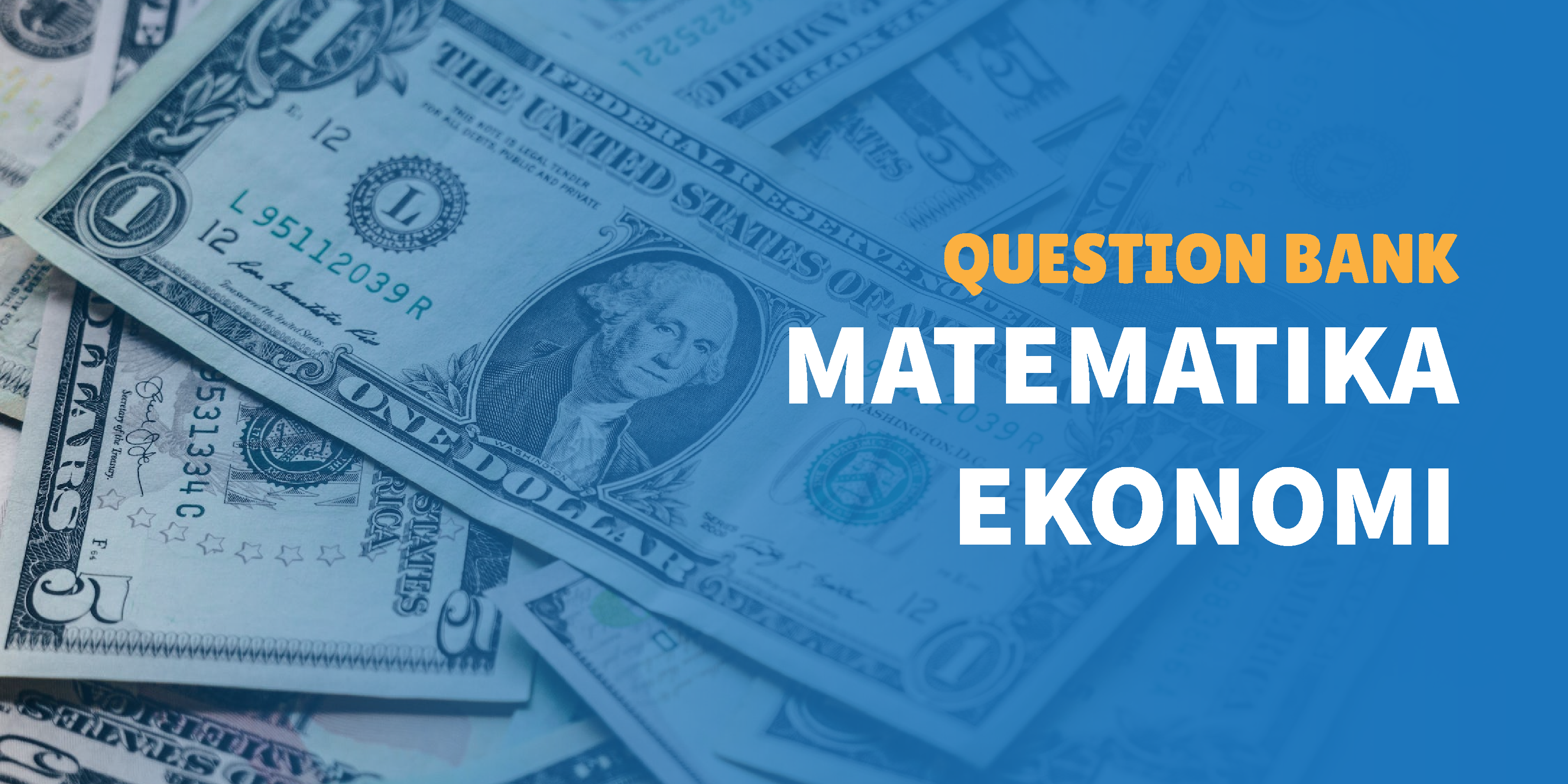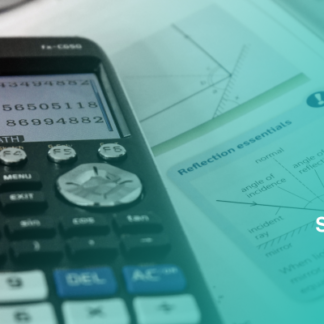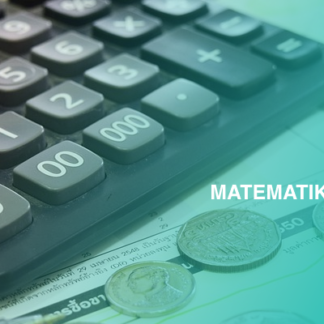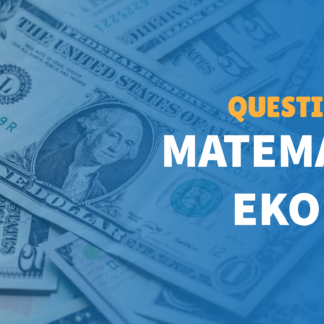Deskripsi
Produk : Question Bank
Daftar Topik:
Introduction
- The nature of mathematical economics
- Functions: definition, types, domain-range, generalization, and diagram
- Model ingredients: determining constants, coefficients, and exogenuous / endogenuous variables
Introduction: Equilibrium Analysis
- The meaning of equilibrium: market mechanism (shifting-movement along the curve)
Equilibrium Analysis
- Partial market equilibrium – linear and non-linear model
- General market equilibrium: two-commodity market model
- Equilibrium in national income analysis
- Government’s market intervention
Linear Model and Matrix Algebra (1)
- How to arrange a matrix system: various economic models
- Matrices and vectors
- Matrix and vector operations
- Identity matrices and null matrices
- Transposes and inverses
- Vector concept to non-singularity test
Linear Model and Matrix Algebra (2)
- Non-singular matrix: conditions and tests
- Concept of determinants
- Finding determinant using Laplace expansion: concept of minor and cofactor
- Finding the inverse matrix
- From matrix inversion to Cramer’s rule
Linear Model and Matrix Algebra (3)
- Applications of matrix inversion and Cramer’s rule in economic models: market, national income, IS-LM, or 1-O models
Comparative Statics and Derivative
- The nature of comparative statics and derivative
- Rate of change
- Limit rules and roles
- Derivative and slope of curve
- Inequality and absolute value concept
- Continuity and differentiability
Rules of Differentiation
- Basic rules of differentiation
- Chain rule
- Inverse function and monotonicity
Partial Differentiation
- Applications to comparative statics analysis: market and national income model
- Other economic applications: marginal concepts, money creation analysis
- Jacobian determinants
Concepts of differential and elasticity
- Total differentials
- Total derivatives
- Derivatives of implicit functions
- Introducing the use of total derivatives in general economic model
Introduction: optimization problem
- Optimum vs extremum values
- Interpretation of first and second derivatives
- Optimization without constraint: single variable case, using first and higher derivative tests
- Necessary vs sufficient condition
- Nth derivative test
Exponential and Logarithmic Function (1)
- The nature of exponential function
- Natural exponential function and the problem of growth
- Logarithm and logarithmic function
- Derivatives of exponential and logarithm functions
- Finding growth rate, interest compounding (discrete and continuous case), discount and present value, and point elasticity
Exponential and Logarithmic Function (2)
- Optimal timing: first and second derivative test
Optimization without constraint: two or more than two variable cases
- Finding relative extremum
- First and second order condition
- Determinant test and characteristic roots
Economic applications of optimization without constraint: 2 or >2 variable cases
- Two-product firm case: competitive and monopolistic
- Third-degree price discrimination
- Elasticity in price discrimination
- Input decision of a firm
Optimization with Equality Constraints (1)
- Effects of a constraint
- Finding stationary values using Lagrange
- Second-order conditions: Bordered Hessian and Bordered Determinant
- Economic applications: utility maximization and consumer demand
Optimization with Equality Constraints (2)
- Economic applications: homogeneity and return to scale, least-cost combination of inputs
Dynamic Analysis and Integral (1)
- Indefinite integral
- Definite integral
- Improper integral
- Economic applications: from marginal to total function, finding time path of capital and capital formation
Dynamic Analysis and Integral (2)
- Economic applications: finding net present value (NPV) from different, cash streaming cases






Ulasan
Belum ada ulasan.